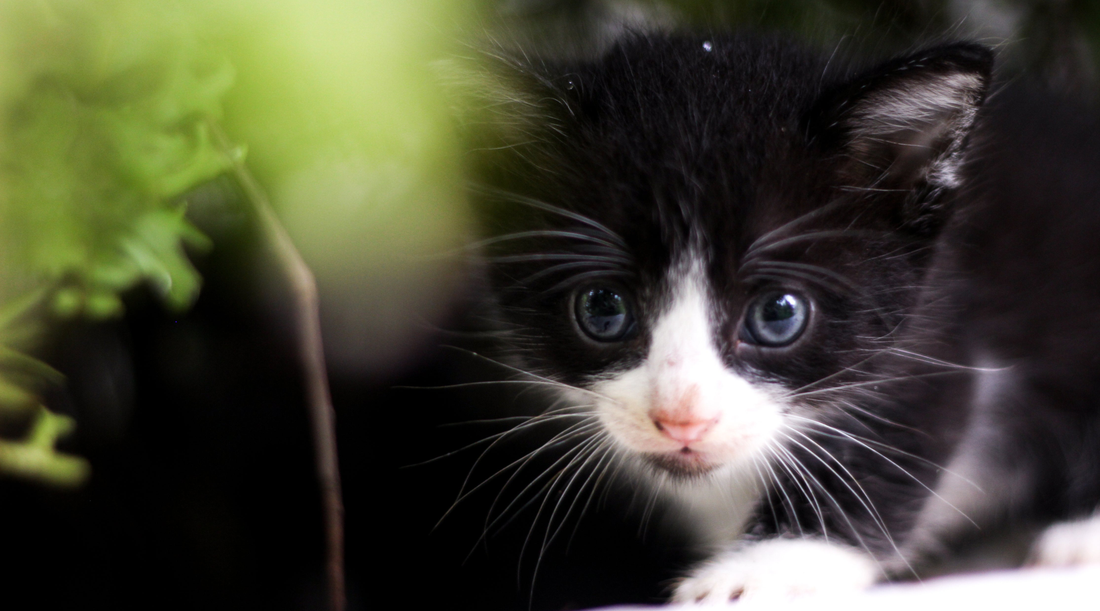
Exploring the Feline Lifespan: How Long Do Cats Live?
LifeSong StaffCats have long captured the hearts and homes of millions worldwide with their charming personalities, independent spirits, and enigmatic behaviors. But amidst the joy they bring, one question often lingers in the minds of cat lovers: How long do cats live? Unraveling the mysteries of feline longevity unveils a complex interplay of genetics, environment, and healthcare, shedding light on the factors that influence the lifespan of our beloved feline companions.
The Average Lifespan of Cats:
Firstly, let's address the baseline: the average lifespan of a cat. On average, domestic cats live between 12 to 15 years. However, this figure is just a generalization, and numerous factors can either extend or shorten a cat's lifespan.
Factors Influencing Feline Longevity:
- Diet and Nutrition: Proper nutrition is essential for maintaining a cat's health and longevity. The dried cat food/kibble is not good for animals and has arguably very little nutrition. The manufacturing process of dry cat food involves high heat extrusion, which can degrade the nutritional quality of ingredients and destroy heat-sensitive vitamins and enzymes. Additionally, many dry cat foods contain artificial preservatives, flavors, and colors, as well as fillers, by-products, and additives that may not be beneficial for a cat's health. Some cats may develop sensitivities or allergies to certain ingredients commonly found in dry cat food, leading to digestive upset, skin problems, or other adverse reactions. Therefore, a balanced diet rich in essential nutrients, vitamins, and minerals is crucial for supporting overall well-being and preventing common feline health issues. Select cat foods made with natural, minimally processed ingredients and avoid those containing artificial preservatives, flavors, colors, or additives. Look for whole-food ingredients, such as meat, organs, fruits, and vegetables, that provide essential nutrients and antioxidants to support immune function and overall health. They need high-quality fats and protein. Avoid foods with ingredients like corn, wheat, soy, or by-products, which may be less digestible or provide limited nutritional value.
- Environment: The environment in which a cat lives can greatly influence its lifespan. Indoor cats generally have a longer lifespan compared to outdoor cats. Indoor cats are protected from various dangers such as traffic accidents, predators, and exposure to infectious diseases. Outdoor cats, on the other hand, face a multitude of risks that can significantly shorten their lifespan, including fights with other animals, ingesting toxic substances, and contracting diseases.
- Consider NO Vaccines: Catherine O'Driscoll from Dog's Naturally Magazine, talks about how research findings suggest a correlation between vaccines and autoimmune diseases, such as cancer, leukemia, thyroid disease, and organ failure. The magazine mentions studies indicating that vaccines can cause encephalitis (inflammation of the brain), leading to neurological issues and behavioral problems in dogs and cats. Realize that many people question the necessity of certain vaccines, such as those for distemper, hepatitis, kennel cough, leptospirosis, and parvovirus. What is the point of injecting your cat with those diseases, when they most likely will never develop it? Not to mention the heavy metals, chemicals, and mutagens in the vaccine that will be going into your cat's body. O'Driscoll argues that the risks associated with these vaccines outweigh their benefits. Instead, look for alternatives to conventional vaccines, such as homeopathic nosodes, natural whole-food nutrition, and exercise, which boosts cats' immune systems and overall health. You will realize when feeding with healthy food, the cat will be much less likely to get sick or develop issues.
- Consider Alternative Medicine - So many people take prescriptions or give drugs to pets, without doing their own research. Realize that there are many other avenues to find information. The pharmaceutical companies are out there to make money, not to cure health issues, otherwise they would be out of business. Take your dog to a chiropractor and see what they advise. Visit health food shops to see what they carry for pets. Look into homeopathics. CatHealth.com talks about the various alternative medicines for cats, which you can read about here.
- Lifestyle and Exercise: Just like humans, maintaining an active lifestyle is crucial for promoting longevity in cats. Regular exercise helps prevent obesity, promotes muscle tone, and stimulates mental and physical well-being. Providing your cat with plenty of opportunities for play, exploration, and environmental enrichment can help keep them mentally stimulated and physically fit, ultimately contributing to a longer and healthier life.
- Quality of Life: Ultimately, the quality of life that you provide for your cat plays a significant role in determining their lifespan. Providing a loving and nurturing home environment, a nutritious diet, and plenty of mental and physical stimulation can all contribute to ensuring that your cat lives a long, happy, and healthy life.
In Conclusion:
While the average lifespan of a cat falls within the range of 12 to 15 years, numerous factors can influence how long a cat lives. From diet to environment and healthcare, understanding the factors that impact feline longevity can help cat owners make informed decisions to promote the health and well-being of their beloved feline companions. By providing a loving and supportive home environment, along with regular veterinary care and a healthy lifestyle, you can help ensure that your cat enjoys a long, happy, and fulfilling life by your side.
